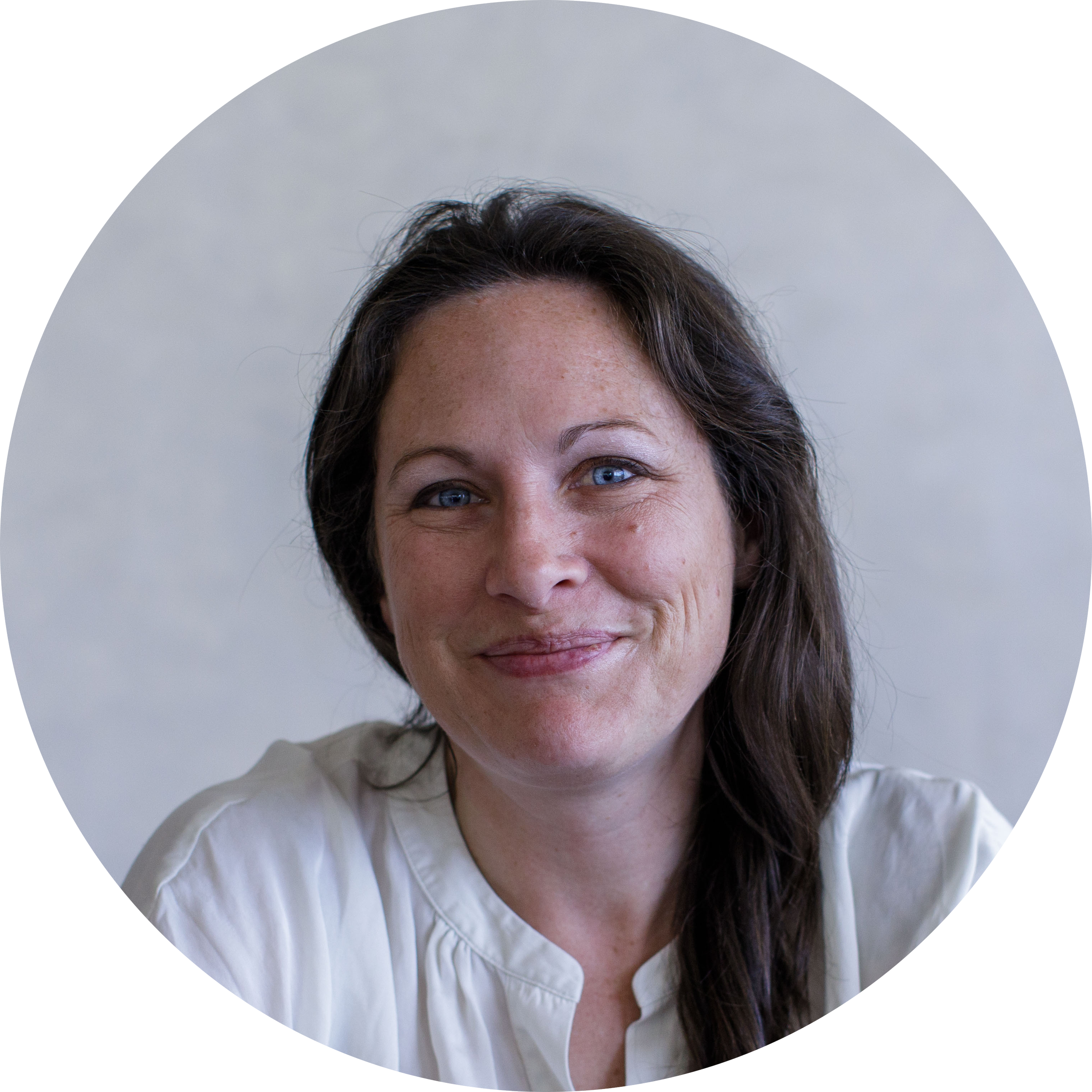About Us
We support communities' capabilities to reduce violence in conflict systems in South Sudan, with a particular emphasis on the role of women and youth leadership.
Story of POF2
The Origins of POF2
POF2 builds on the achievements of the first phase (POF1), implemented from 2019 to 2023. POF1 established scalable, adaptable, and context-driven mechanisms to support peacebuilding efforts in South Sudan.
POF1 achieved some major milestones:
Peaceful Cattle Migration: We facilitated a successful cattle migration conference in Greater Rumbek, resulting in the peaceful movement of around one million cattle for two consecutive years without casualties.
Conflict Prevention: We provided rapid response and support to prevent mobilization of violence by the Dinka Bor, Lou Nuer, and Gawaar Nuer communities against the Murle in Jonglei and Greater Pibor Administrative Area (GPAA).
Empowering Local Actors: We established Peace Canal, a national non-governmental organization (NGO), as a sub-recipient of Foreign, Commonwealth & Development Office (FCDO) funds. Peace Canal is now the main implementer of activities in program areas, fostering local ownership and sustainability.
Today’s Challenges
South Sudan faces a complex web of challenges. Decades of conflict have crippled the nation's economy, triggered humanitarian crises, and stalled development. Despite gaining independence in 2011, lasting peace remains elusive. The 2018 Revitalised Agreement (R-ARCSS) aimed to resolve the conflict, but implementation has been slow and uneven.
Local communities continue to grapple with unresolved problems. Limited resources hinder peacebuilding efforts and hinder efforts to build bridges between communities. Conflict dynamics are layered, with national and sub-national issues intertwining. POF2 strives to support conflict resolution in these project locations.
Compounding these challenges, South Sudan has few dedicated national peacebuilding organisations. These organisations often lack sufficient and sustained funding and robust infrastructure, limiting their ability to deliver effective community-based interventions. Despite their deep understanding of local contexts, their capacity to secure significant international funding remains limited.
Our Approach:
Building on POF1's Foundation
The POF1 approach was originally designed around three funding windows in four sub-national locations, and targeting youth who are particularly vulnerable to mobilisation by armed militias, as well as supporting opportunities at the national level. Since its inception, POF2 has evolved its approach. A key achievement was the establishment of Peace Canal, a national NGO that has become POF2's primary partner in design and implementation. The geographic focus has strategically narrowed to prioritize conflict systems within Lakes and Greater Jonglei/Pibor. However, it continues to monitor opportunities to expand the scope to draw in border dynamics of these systems.
Advisor-Led Model for Deep Community Engagement
POF2 continues to implement the advisor-led approach distilled during POF1. Our advisors are hired directly from the programme’s target communities to co-create and deliver conflict and culturally sensitive interventions with a high degree of accountability. This approach ensures that communities are intimately engaged in the design, implementation and monitoring of POF2 interventions.
Expanding Our Focus: Livelihoods and National NGO Capacity Building
POF2 will build on the successes of POF1 through an expanded focus on Livelihoods and the capacity building of national NGOs. Our Livelihoods Lab will identify and design livelihoods pilots that provide alternatives to violence and strengthen integration between and within communities. Following the pilot phase, successful interventions will be purposefully scaled up and positioned to secure funding from external sources.
Our expanded focus on capacity building recognises that national partners are critical to the success and sustainability of POF2 interventions. Our experience from POF1 highlights the importance of engaging with national partners early in the process and throughout implementation, to ensure that interventions are both relevant and contextually appropriate.
Adaptive Programming and Continuous Learning
Learning remains at the centre of POF’s adaptive programming. In the different locations, we start with small, iterative interventions that target the programme outcomes. In the process, the team actively documents learning, sharing within the location teams as well as across locations. Over time, the area team, with local partners on the one hand, and the wider POF team on the other, evolve the activities in the direction of what’s working, and inevitably scale down other activities for which there is little or no evidence of the intended impact.
POF2’s Outcomes:
POF2’s aim is that local communities in our target conflict hotspots are better able to jointly interrupt and prevent cycles of violence in increasingly inclusive and climate- sensitive ways, and are increasingly socially cohesive, improving their resilience to external manipulation.
This expected primary outcome builds on the strong progress made by POF1 in fostering harmony and conflict resilience within targeted communities. It further aims to strengthen inclusive political, socio-economic, and cultural institutions at all levels - critical for managing conflict and establishing the conditions for sustained peace.
Our Team
-

Rob Lancaster
Team Leader
-

David Nyuol Vincent
Deputy Team Leader
-

Michael Comerford
Strategic Advisor
-

Minagano Kape
Peacebuilding & Conflict Lead
-

Robert Rufino
Livelihoods Lead
-

Rebecca Deng
Program Officer
-

Kuyang Logo
Gender Lead
-

Jonty Herman
Communications Lead
-

Amanda Woomer
MEL Advisor
-

Stephen Akroyd
Programme Director
-

Bhav Patel
Facilitator
-

Patch
Program Associate
Our Partners
-

Anthony Kumi - CTP
Livelihoods Advisor - Lakes
-

Cedric Shingerai Regede - DRC
Livelihoods Advisor - Jonglei/GPAA
-

Sister Viji - DMI
Livelihoods Advisor - Access to Finance
-

Vengatesh KS - DMI
Livelihoods Advisor - Access to Finance
-

David Deng - DETCRO
MEL Partner
-

Christine Kide - Peace Canal
National NGO Partner
Funding and Governance
The Peacebuilding Opportunities Fund is funded by the UK Foreign, Commonwealth and Development Office and is managed by Oxford Policy Management.
The fund is open to partners and currently receives funding from other institutions, including Caritas Germany, United Nations Reconciliation, Stabilisation and Resilience Trust Fund (RSRTF), Swiss Cooperation Office (Juba), CAFOD and Trocaire in Partnership (CTP).
For more information on how you can partner with us, please see our Partnerships page.



